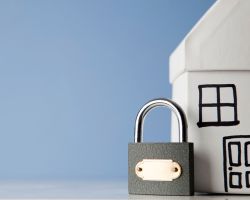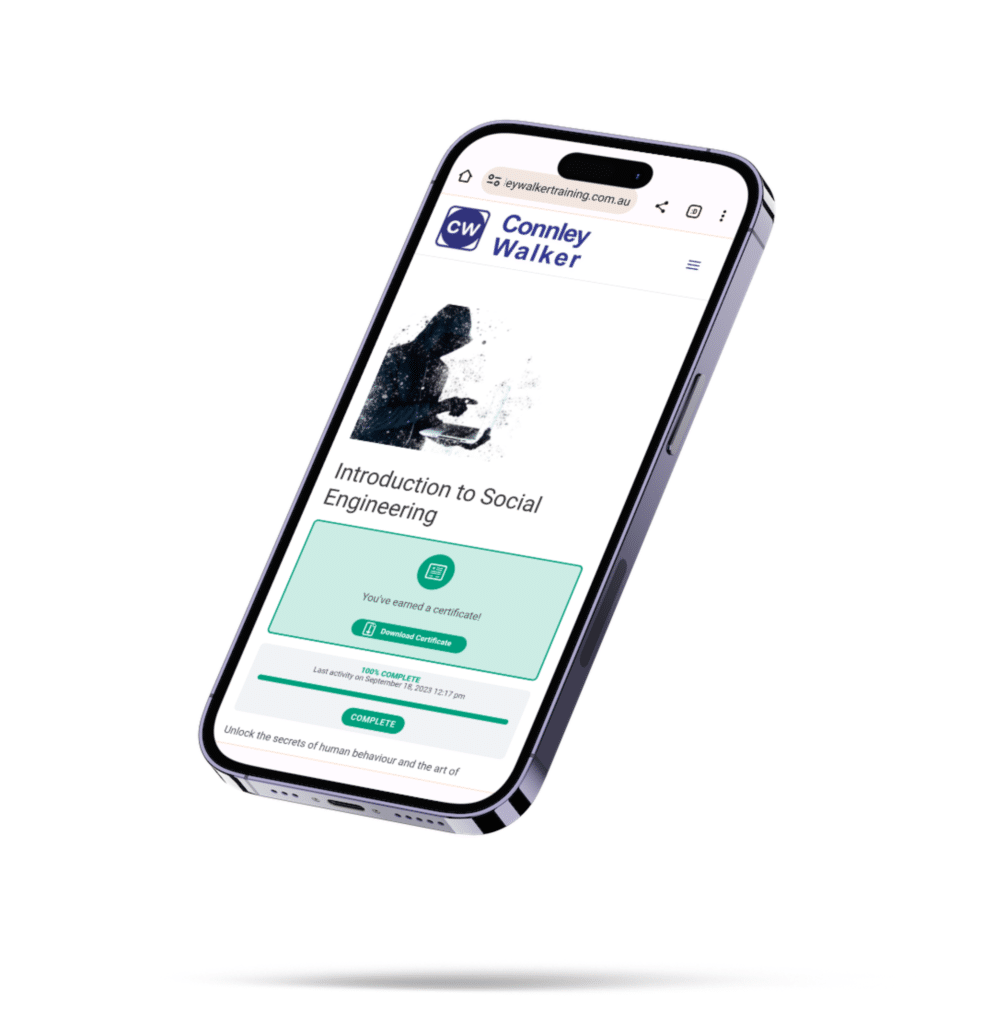
Physical Security in the Age of Remote Work
During the COVID-19 pandemic, numerous businesses have had to make a transition from traditional brick-and-mortar office spaces to remote work setups. This trend has gained momentum and is anticipated to continue in the future. While the adoption of remote work arrangements has led to numerous advantages, including cost savings and increased flexibility, it has also created new challenges, particularly in terms of physical security.
Physical security refers to the measures that are taken to protect a company’s assets, employees, and resources from physical threats, such as theft, damage, or unauthorised access. Physical security can encompass a wide range of measures, from simple security protocols like locking doors and windows, to more sophisticated technologies like video surveillance and access control systems.
In a remote work environment, physical security becomes even more critical, as many employees are working from home or other remote locations outside of a company’s traditional office space. This means that businesses need to implement new physical security protocols and technologies to ensure that their employees and assets are protected, even when they are not physically present in the office.

One of the main physical security concerns in a remote work environment is the protection of company-owned equipment and sensitive data. Many remote employees use their personal devices, such as laptops and smartphones, to access company data and systems. This creates a potential vulnerability, as personal devices may not have the same level of security features as company-owned devices.
Another physical security concern is the protection of employees themselves. Remote workers may be more vulnerable to physical threats, such as burglaries, break-ins, and even physical assaults. Therefore, businesses need to implement measures to protect their employees when they are working remotely.
To ensure the safety of their employees and assets in a remote work environment, businesses can take the following steps:
- Establish Clear Security Policies: Companies should create and communicate clear security policies and guidelines for remote workers. These policies should outline the security measures that employees need to take to protect company-owned equipment and data.
- Use Secure Technologies: Businesses should use secure technologies like virtual private networks (VPNs) and multi-factor authentication to protect remote workers’ access to company systems and data.
- Secure Company-Owned Equipment: Companies should secure company-owned equipment, such as laptops and smartphones, with anti-virus software and other security measures to prevent unauthorised access.
- Conduct Regular Security Audits: Companies should conduct regular security audits to identify vulnerabilities and weaknesses in their security systems and protocols.
- Provide Training: Companies should provide training to their employees on physical security best practices, such as how to secure their personal devices and how to identify and respond to physical threats.
In conclusion, physical security is an essential aspect of remote work. As more and more companies shift to remote work environments, it is crucial that they take steps to protect their employees and assets from physical threats. By implementing clear security policies, using secure technologies, securing company-owned equipment, conducting regular security audits, and providing training, businesses can ensure that their employees and assets remain safe and secure, no matter where they are working from.
Contact Us
FIll out the form below and we will contact you as soon as possible

Connley Walker is an independent group of licensed security consulting professionals with engineers specialising in physical and cyber security and risk management.
Copyright ©2023 Connley Walker Holdings Pty Ltd. All Rights Reserved.
LICENCES AND REGISTRATIONS
ACT – Security Master Licence No. 17502533.
NSW – Security Master Licence No. 409109204.
NT – No licence required.
QLD – Security Firm Licence No. 3255594.
QLD – Registered Professional Engineers No. 21615.
SA – Exempt from a licence as Engineers (Security and Investigation Industry Regulations Part 2, 5 (1) (b)).
VIC – Registered Building Practitioners No. EE21166.
VIC – Private Security Business Registration No. 720-062-90S.
TAS – Building Service Provider Licence No. 363589169.
WA – Security Agent Licence No. SA56167.
CREDENTIALS AND AFFILIATIONS
ISO 9001:2015 Quality Assured.
SCEC Endorsed Security Zone Consultants (Registration Number 0075).
Pre-qualified consultants to the Victorian Government.
Pre-qualified consultants to the NSW Government.
Pre-qualified consultants to the NT Government.
Pre-qualified consultants to the Tasmanian Government.
Represent Engineers Australia on Australian Standards for Security.
Members of Australian Security Industry Association Limited (ASIAL).
Members of Australian Institute of Project Management (AIPM).
Members of Engineers Australia.
Federal Government Endorsed Suppliers.
CONTACT US
POSTAL ADDRESS:
16 Grey Street
Caulfield South, Victoria 3162
PHONE:
